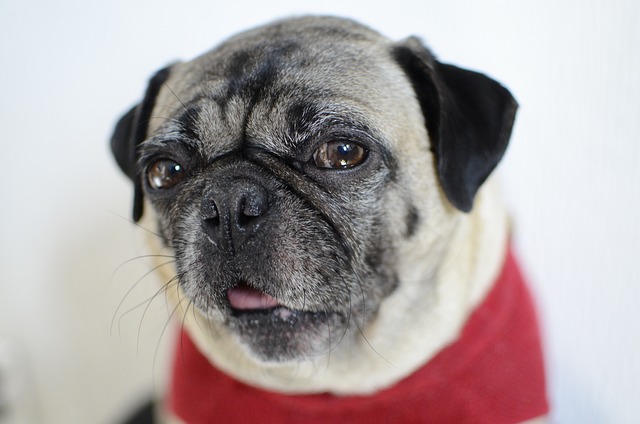
What is glaucoma in a dog?
You might notice your dog squinting more at mealtime or avoiding bright sunlight—these small changes could be early signs of a serious eye condition.
Vaccines are like a shield for your dog, protecting them from some pretty serious illnesses that used to make puppies and adult dogs really sick. But figuring out how many shots they need can feel confusing, especially with all the different types out there. It’s not a one-size-fits-all answer, but there’s a general timeline that most vets follow to make sure your pup gets the protection they need.
Puppies start their vaccine journey early, usually around 6 to 8 weeks old. Their first round of shots helps kickstart their immune system, but since they’re still growing, they need boosters every few weeks. Most puppies will get 3 to 4 sets of core vaccines by the time they’re 16 to 20 weeks old. These core vaccines cover big threats like parvovirus, distemper, and hepatitis—diseases that can be deadly, especially for young dogs. Your vet might also recommend non-core vaccines based on where you live, like for Lyme disease if you’re in an area with lots of ticks, or bordetella if your dog goes to daycare.
 Once your puppy finishes their initial series, they’ll need a booster shot about a year later. After that, many vaccines are given every 1 to 3 years, depending on the type and your vet’s advice. It’s not just about checking a box—staying on schedule makes sure their immunity stays strong. Skipping a booster could leave them vulnerable, and no one wants to see their dog get sick from something preventable.
Once your puppy finishes their initial series, they’ll need a booster shot about a year later. After that, many vaccines are given every 1 to 3 years, depending on the type and your vet’s advice. It’s not just about checking a box—staying on schedule makes sure their immunity stays strong. Skipping a booster could leave them vulnerable, and no one wants to see their dog get sick from something preventable.
It’s important to remember that vaccine rules can vary by location. Some places require certain vaccines by law, especially if you take your dog to public parks, boarding facilities, or dog parks. Not keeping up with these can get you in trouble, and more importantly, it puts your dog and other pets at risk. Vets keep track of local requirements, so they’ll let you know which shots are mandatory and which are just highly recommended.
Talk to your vet about your dog’s lifestyle, too. A dog that stays mostly at home might need fewer non-core vaccines than one that hikes in wooded areas or plays with other dogs every day. Your vet knows your dog’s health history and can tailor a plan that fits their needs. They’ll also explain any possible side effects, though most dogs handle vaccines really well—maybe a little sleepiness for a day, but that’s it.
Watching your dog grow up healthy and happy is the best part of having a pet, and vaccines play a huge role in that. By following the recommended schedule, you’re giving them the best chance to avoid painful, expensive illnesses. It might feel like a lot of trips to the vet at first, but each shot is a step toward keeping them by your side for years to come. And when you’re done with a round of vaccines, a extra treat or a long walk is a great way to celebrate—they’ve earned it.

You might notice your dog squinting more at mealtime or avoiding bright sunlight—these small changes could be early signs of a serious eye condition.

Let’s set the scene: It’s a sweltering Phoenix afternoon—105°F outside—and you rushed your 2-year-old Lab mix, Cooper, on a quick walk to “get it over with.”

Let’s get real: You’re in your Miami apartment, watching your 3-year-old Corgi, Loki, struggle to climb the stairs to your second-floor unit.

Many dog owners brush off occasional scratching as just “dog behavior,” but persistent itching often signals something more—like a food allergy.

You might first notice your dog scratching more than usual—chewing at their paws until the fur looks thin, or rubbing their face against the couch nonstop.

Let’s be real: You’re standing in your Chicago apartment, watching your 3-year-old Beagle, Max, huff and puff just to climb onto the couch.